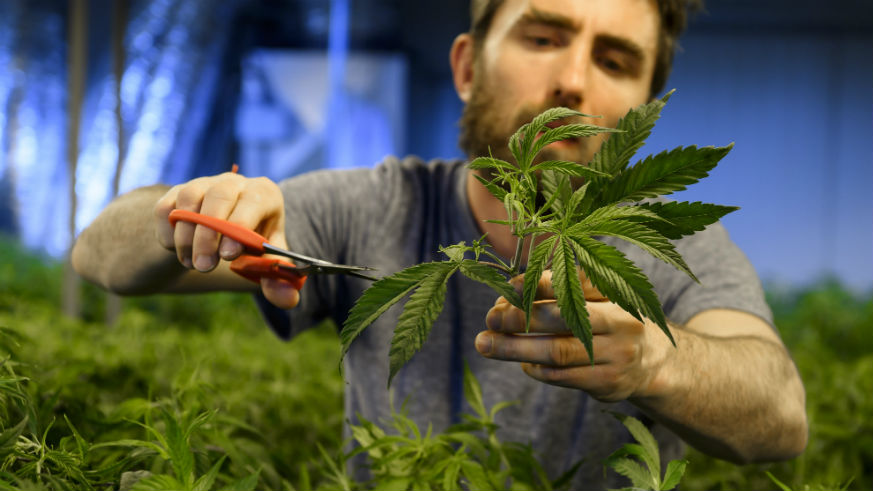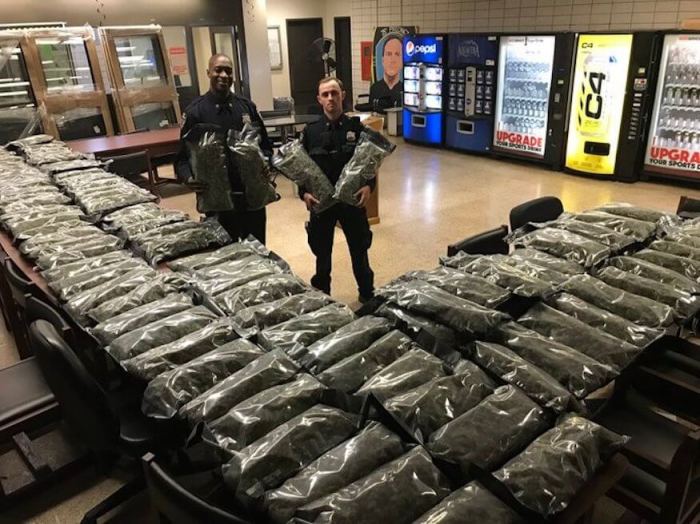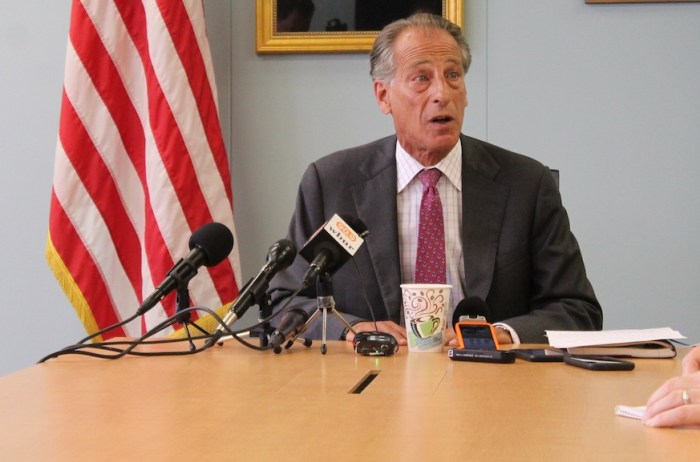Home delivery of marijuana and social consumption of marijuana products will not be part of the legal marijuana industry when it launches in Massachusetts this summer.
The Cannabis Control Commission acquiesced Monday to criticism from Gov. Charlie Baker’s administration, the Legislature and others, and agreed to delay the launch of home delivery and social consumption until at least this fall, a move that addressed two of the most commonly-condemned parts of the agency’s draft industry regulations.
The CCC’s proposed regulations have been under fire by Baker and others who say they believe regulators jeopardized plans for retail marijuana businesses by pursuing an overly ambitious industry rollout. Baker, House Speaker Robert DeLeo and others who opposed legalizing marijuana called on the CCC to scale back the industry envisioned in its draft regulations at least until an initial retail market takes hold.
The five-member commission early Monday afternoon voted 4-1 to launch a legal retail marijuana industry on July 1 without licensing delivery services or establishments where people could use marijuana socially, aspects of a new industry that were contemplated in the 2016 ballot law and authorized under the state’s legal marijuana laws.
The commission also agreed Monday that if or when it authorizes delivery and social consumption licenses it will also grant the exclusive rights to those licenses to small businesses, businesses in the CCC’s social equity program, craft cooperatives and certain farmers for a period of time in order to mitigate the effects of the delay in licensing.
“It was clear looking at the feedback that there was hesitance and lack of confidence in how the process will play out and I think it’s important for our commission to develop relationships where people feel that they can trust us, they can look to us to be answering the questions and addressing the concerns that they have,” Commissioner Shaleen Title, who proposed the compromise agreed to Monday, said after the meeting. “So if the delay allows us to do that without hurting marginalized communities, then I think everybody wins.”
Within two weeks, the CCC is to come up with a plan for how it will study the issues of marijuana delivery and social comsumption and how it can prepare draft regulations on delivery and social consumption, with the goal of adopting those regulation in February 2019. Commissioner Kay Doyle was the only commissioner to vote against the plan.
Doyle said she had originally been in favor of allowing delivery because the Department of Public Health’s medical marijuana program allows home delivery and has not run into significant problems, but she “failed to appreciate” the additional difficulties that would come with delivering recreational marijuana.
“I’m concerned about compliance and I don’t feel like I have enough information at this point,” Doyle said Monday. “I am not yet at a point where I feel comfortable saying that we have these problems solved, we have an answer or a solution for the compliance problem.”
Under the terms of a compromise that originated with Title on Monday morning, the CCC would put off until Oct. 31 the decision of whether to license delivery services and social consumption establishments like pot cafes. The CCC would not allow delivery except for medical patients during the delay.
Once the CCC authorizes delivery and social consumption, the commission agreed Monday there would be a period during which delivery licenses would be available only to microbusinesses, co-ops, and applicants that are part of the commission’s equity program designed to make the industry open to people from communities impacted by the war on drugs. Social consumption licenses would only be available to equity applicants and certain farmers during the exclusivity period.
Title suggested a five-year period of exclusivity; the commission did not agree on the period’s length.
Though he voted for delay, CCC Chairman Steven Hoffman said Monday he was “very concerned” about deferring the licensing of delivery and social consumption and said he “reject(s) the argument that we can’t do it in time.”
Asked after Monday’s meeting what made him comfortable voting in favor of the delay after expressing concern about it, Hoffman said it was the combination of giving small businesses the first crack at those licenses and the specific timeline the CCC agreed to follow.
“I would not have agreed to the delay without that explicit timeline about identifying the issues that are concerning to people who feel like they don’t have enough information, putting in place a timeline to address those issues and to bring it back to a vote,” he said. “Without that explicit timeline, I would not have agreed.”
Title, an attorney who was a leading proponent of social consumption policies during the regulation-writing process, said it was clear from the comments and criticisms the CCC received about its plans for delivery and social consumption that the agency was not able to do enough to explain its intentions.
“Regardless of whether there is any merit to the underlying arguments for the need to delay these licenses, I felt it was clear … that there was a sense of fear and hesitance and a lack of confidence in the commission,” Title said.
Shanel Lindsay, a cannabis entrepreneur and industry consultant who serves on the Cannabis Advisory Board and supported the CCC’s social consumption regulations, said the CCC’s decision on Monday represented “a huge win for equity and small business.”
“The delay with the exclusivity for equity and small business is the best case scenario. If everything launched at the same time, the only ones who would have had product and inventory are the large dispensaries. They would have cornered the market while all of the small business and equity owners were just trying to get up and running,” she said. “Now the timing is perfect to create an equitable market. Microbusinesses and coops along with new retailers and equity applicants will have product close to the end of the year, just as delivery and social consumption are coming online.”



















